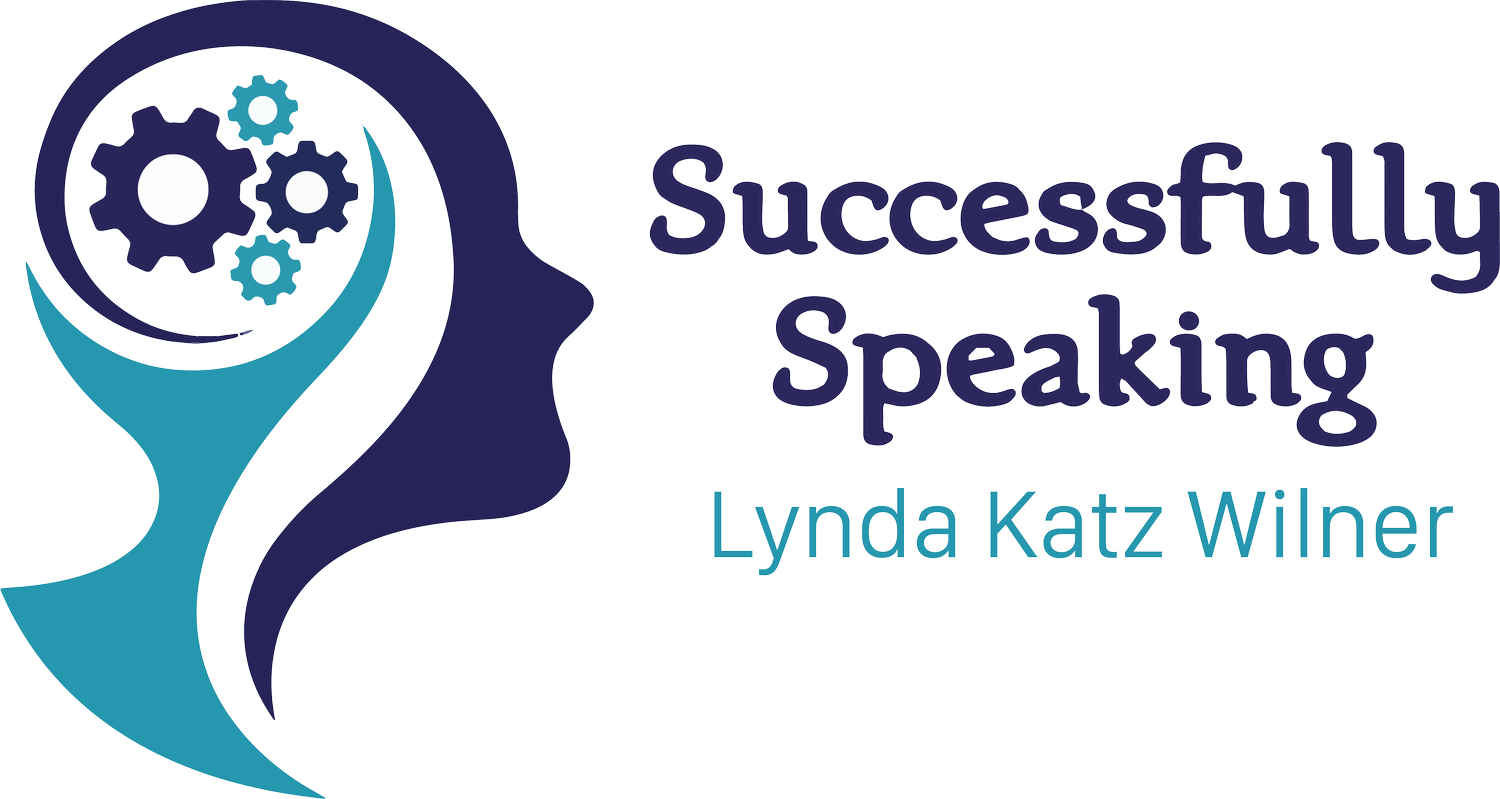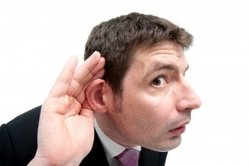Huh? Whad’ya Say?
Yesterday, I went to buy orange roughy fish for a special recipe. The woman behind the seafood counter said they don’t have orange roughy; it is “banded.” And she looked over to the frozen section and told me to get Barramundi. Hmmmm…I thought the orange roughy was “banded together in the back and they would have it out on Monday.” It’s amazing how two native English speakers could have such a communication breakdown. I asked her to repeat what she was said and I still could not decipher the meaning. She must have realized my puzzlement. There was that awkward moment of frustration and embarrassment because we obviously were not communicating effectively.
Finally, she explained there was a shortage of orange roughy and they “banded” them so they wouldn’t become extinct…………., now I got it! She meant they “banned” the sale of this type of fish. She then pointed to the frozen section and told me to try Barramundi since that is the closest type of fish to orange roughy. (I had never even heard of Barramundi!) What a relief once I figured this out! The simple mistake of using the wrong form of “banned” completely sabotaged the message.
The lesson to learn is that communication can break down even in the best of circumstances. If you don’t understand, ask for one repetition; if you still don’t understand, another repetition may not help. You need other strategies.
What can you do when you do not understand the speaker?
Ask for one repetition
Request a spelling of the word
Try to understand the information from the context of the conversation
Observe any non-verbal cues
Body language (pointing, gesturing, eye contact)
Tone of voice
Apologize for not being able to understand
If this occurs in a presentation or group meeting, defer the conversation until later to avoid embarrassment to either party
What can you do when they do not understand you?
Remain calm
Maintain eye contact
Repeat it one time
Speak loud enough
Rephrase your sentence
Explain it another way
Use visual cues, e.g., gestures, pointing, look at the object you are talking about
Spell the difficult word aloud or write it down, if possible
Emphasize the important word
These strategies apply to anyone; those who are native and non-native English speakers, and even those with communication disorders (stuttering, stroke, articulation, and voice disorders). Communication is a two way feedback loop. We have to express ourselves clearly and be able to understand our conversational partner. Breakdown in either direction impedes effective communication. We must have a communication repair strategy when that results.

